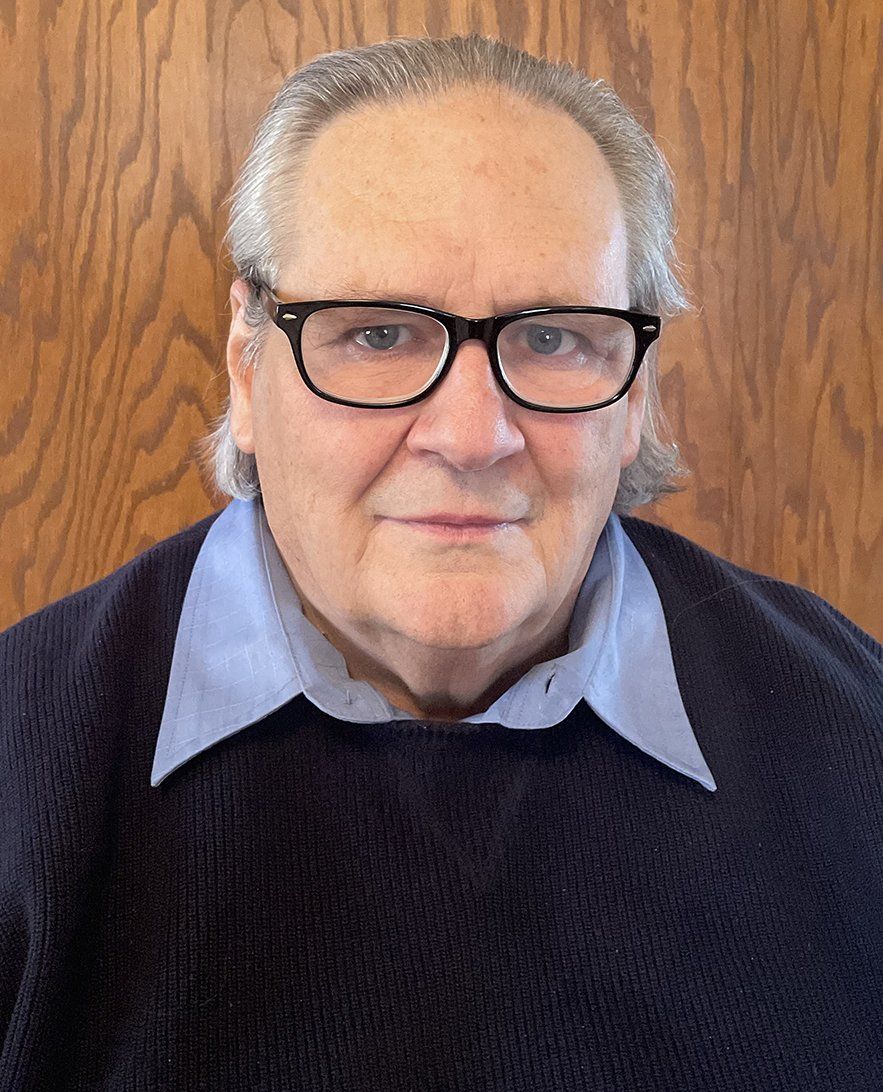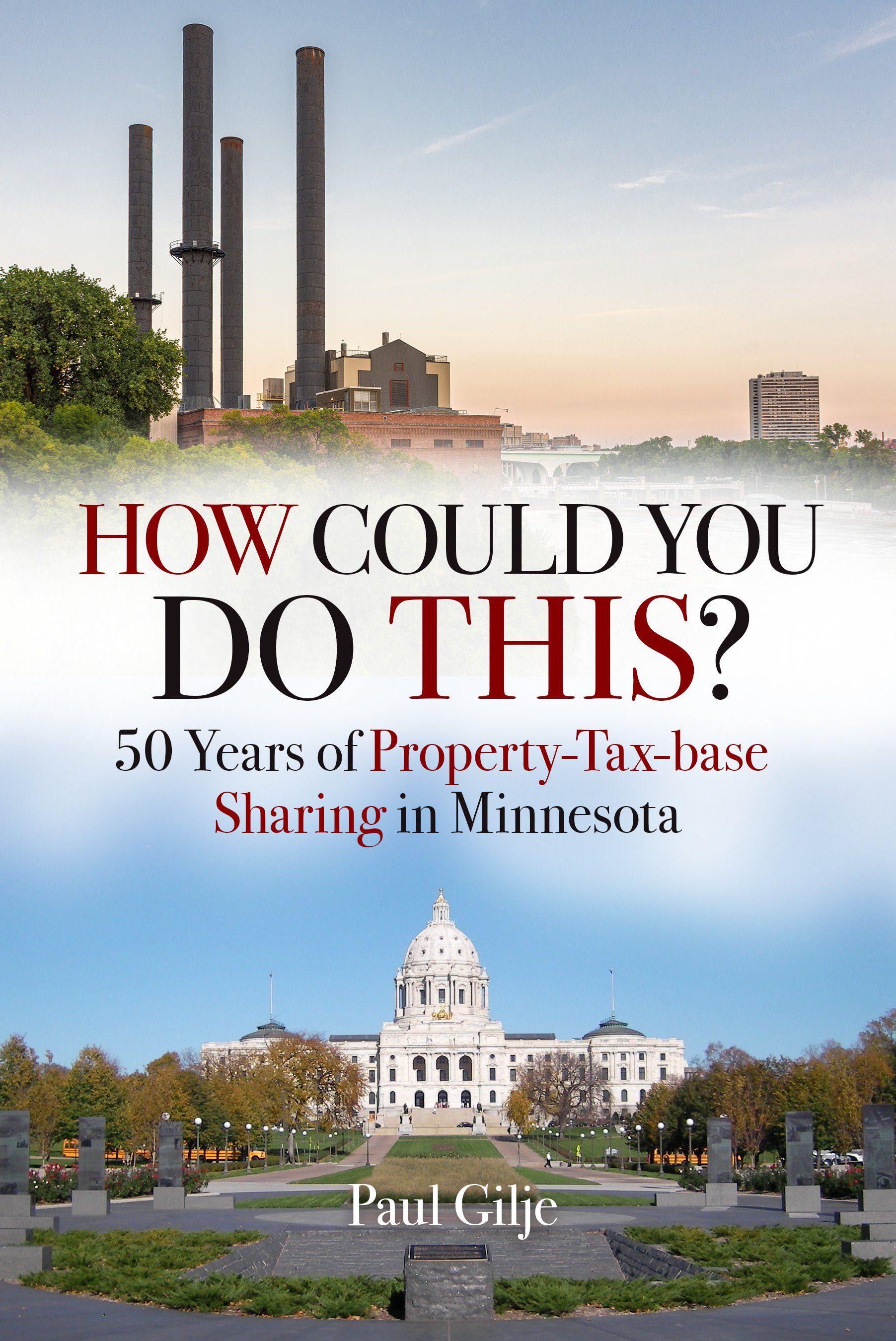Walter Enloe was a teacher researcher and participant-observer of organizations and cultures. He had an abiding interest in the study of organic systems in the human and social sciences. He was Professor Emeritus and Gordon B. Sanders Chair in Human Studies at Hamline University, where for over twenty years he co-designed and facilitated the MAED and EDD Learning Communities teaching courses in educational leadership and policy, and participatory action research. Prior to Hamline he taught K-12 for seventeen years as a founding member of the Paideia School in Atlanta, and as teaching principal of the Hiroshima, Japan’s International School of peace and culture. Coming to the University of Minnesota in 1988 he was a founding member of the Center for Applied Research and Educational Improvement. He began working with public chartering in the early 1990s and co-created such schools at Twin Cities Academy, Minneapolis International School, and Avalon School. He approached systems design by taking the concept of "organ" in organization seriously as an "open system:"self-organizing, self-regulating, and self-adapting. For the past twenty years he was an associate of Education Evolving and EdVisions. Visit walterenloe.com
Walter Enloe
Senior Fellow (Deceased)
In Memoriam
Hello, I’m Dan Loritz, Senior Fellow and President of the Center for Policy Design and a long-time friend and colleague of Walter’s.
Walter's celebration of Life was held on May 22, 2022 on the Saint Paul campus of Hamline University. It was an amazing afternoon full of
energy that was such a reminder of Walter's life.
On behalf of the Center for Policy Design I want to share the following memoriam as a way to honor Walter by sharing the many things that he created to make the world a better place. Over the next several months we will be adding special links highlighting Walter's many contributions.
In Memoriam
I met Walter 28 years ago at Hamline and had many meetings over the years, in this room, with Old Main looking upon us.
In fact, Walter spoke at my retirement from Hamline in this same room in December 2012.
I was leaving Hamline after 22 years to become Senior Fellow at, and President of, the Center for Policy Design.
One thing I didn’t know, that I learned from Walter’s remarks, was that beyond being a friend and colleague he also considered me an “older brother”. Over the past 10 years this idea of “older brother” surfaced time and time again leading Walter and I to focus on the Center for Policy Design as a way to continue his work. The Center, for the last 6 months, has been in the process of moving Walter from Fellow to Senior Fellow. That process is now complete, and I am pleased to announce Dr. Enloe as a Senior Fellow of the Center.
The Center provides a select group of retired individuals a place to continue their work.
On a personal note, when I answered my phone on April 1st, I expected it to be Walter. Instead, it was Kitty, sharing with me that Walter had died. It was an emotional moment that I have seldom experienced in my life. From a place deep inside of me this emotional moment that Walter was no longer with us was searching for a way to respond.
My sense of loss, our sense of loss, was beyond words. I have often turned to Dr. Suess at such moments to remind me what is truly important. His quote reads: Don’t cry because it’s over . . . Smile because it happened. Yes, there are times to cry, and I have, but the road forward, as Walter always challenged us to find, was to smile and celebrate every day that it happened.
In closing, few people know that it was Walter, as the first acting director of the Wesley Center” in 2006, along with Gretchen Fogo, Director of Church Relations, that helped John Wesley’s quote to become part of Hamline’s annual commencement and history of Hamline.
So, it seems fitting to close with John Wesley’s quote:
Do all the good you can,
By all the means you can,
In all the ways you can,
In all the places you can,
At all the times you can,
To all the people you can, as long as ever you can.
Thank you, Walter, for making this “charge” a part of us all.



